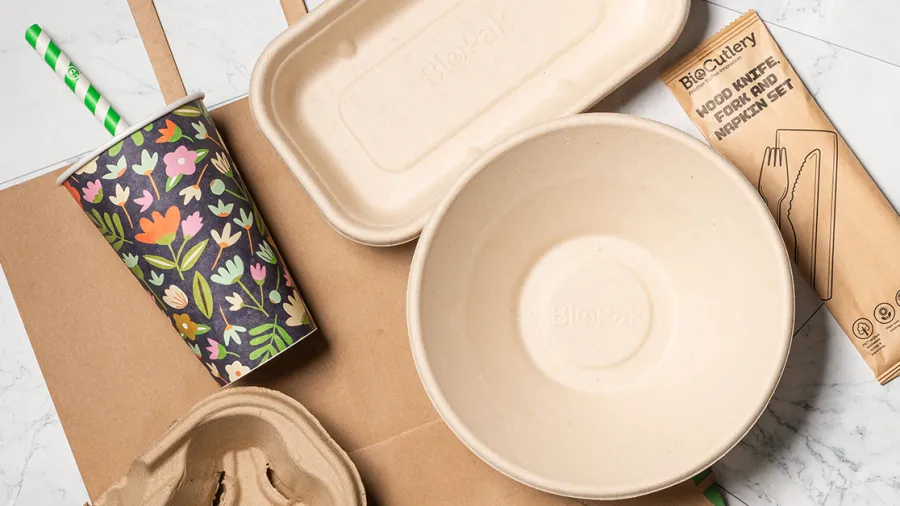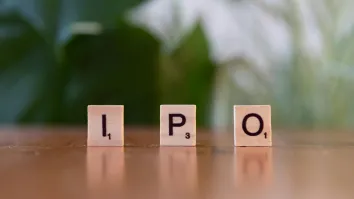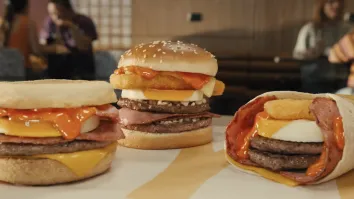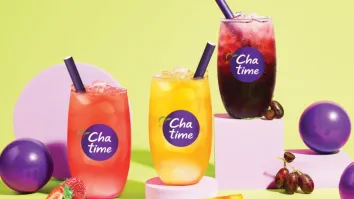
The QSR Comprehensive Guide to Australian Single Use Plastic Bans
Single-use plastic bans are a hot topic in the world of fast food right now. With so many countries and cities taking action on single-use plastic, it's important for QSRs to know where their customers are coming from and what they can do to reduce their environmental impact.
In this comprehensive guide, we'll cover everything you need to know about Australian single use plastic bans and how they affect your business!
Plastic Pollution and the QSR Industry
Restaurants have an opportunity to address the problem of plastic pollution in a unique way. According to a report by Beyond Plastic, restaurants are responsible for 44% of all single use plastic waste which are mainly composed of takeout food and drink containers! QSRs use a lot of plastic for everything: cups, plates, utensils and straws to name just a few culprits.
Many consumers are aware of plastic's impact on the environment, and they want businesses to do more to address this issue. As such, some QSR businesses have begun to take more drastic steps toward eliminating disposable plastics from their operations.
Australia takes action
Australia produced 3.4 million tonnes of plastics in 2018-2019, from which 1 million tonnes was single use plastic. That's an incredible amount of plastic!
Fortunately, Australia is taking action to reduce single-use plastics in a big way.
The Australian government announced plans to phase out single-use plastics by the end of 2025. Its National Plastics Plan bans the following types of plastic waste: lightweight plastic bags, products misleadingly called “degradable”, plastic straws, utensils and stirrers, polystyrene food containers and packaging, and microbeads in personal health care products
In 2018, Australia's national government established packaging "targets" for 2025 which says that within two years, all packaging should be reusable, recyclable or compostable, while 70 percent of plastic packaging should be recycled or composted.
These decisions have been hailed as a major win for the environment by many people across Australia—and it's easy to see why. If successful, this measure could drastically reduce Australia’s plastic waste.
What QSRs Should Know About The Ban
BioPak believes that single-use plastic bans are a key step toward making the transition to resource efficiency. The goal is to reduce plastic pollution on land and in oceans by eliminating unsustainable packaging strategies—and doing so more quickly than we currently are today.
A Comprehensive Guide
The sustainable packaging company puts up this easy-to-understand guide to help QSRs stay ahead of the bans by simply searching their state to find out what items are banned. It also has a list of sustainable packaging alternatives they can use instead.
The comprehensive guide includes everything QSRs need to know and is available for download in a flyer format.
Biodegradable vs Compostable Packaging
QSRs that want to raise their game should also understand the difference between “biodegradable” and “compostable” food packaging.
Knowing the difference between compostable and biodegradable plastics can help QSRs make more informed choices about which packaging to use, ensuring they’re able to dispose of it responsibly.
A biodegradable product is one that will break down into harmless components over time if its disposal instructions are followed correctly.
The problem with biodegradability is that defining what constitutes ‘biodegradable’ is tricky. Theoretically, almost everything can be capable of undergoing biological decomposition over time, but this definition doesn't answer the question: how much time are we talking about here?
For instance, a product labelled as "biodegradable" might take hundreds of years to disintegrate. With no time frame and conditions attached, "biodegradable" is a misleading term.
In contrast, compostable products will break down into natural elements in a compost environment, and they won't leave behind any toxins if disposed properly.
But a product can only be labeled compostable if independent third-party certification based on a local home or commercial compost standards, and a statement of the type of environment where it will decompose (home or commercial) are made available to consumers.
This is why it’s common to see companies label their products as biodegradable, instead of going for truly compostable materials. But doing so contributes to confusion around disposal and can result in incorrect disposal or littering—even though the company has tried its best!
Compostable food packaging: a solution tailored to the QSR industry
BioPak products are certified compostable: when disposed of according to the correct conditions, their packaging breaks down completely. Their food packaging is either certified home compostable to AS5810 Australian standards and NF T51-800 European standards or commercially compostable to AS4736 Australian standards and EN13432 European standards.
BioPak develops environmentally friendly packaging for QSRs, made from rapidly renewable materials such as sugarcane pulp—a by-product of the sugar refining process to help QSRs switch their packaging to either home compostable or industrially compostable materials.
Some of these sustainable foodservice packaging alternatives include FSC™ BioBoard boxes and trays, FSC™ certified paper bags, paper straws, and FSC™ wooden cutlery. BioBoard is crafted from FSC™-certified paper which is made with materials sourced from sustainably managed forests. BioPak's unlined paper boxes and trays are home compostable while BioPak's lined BioBoard is industrially compostable
























